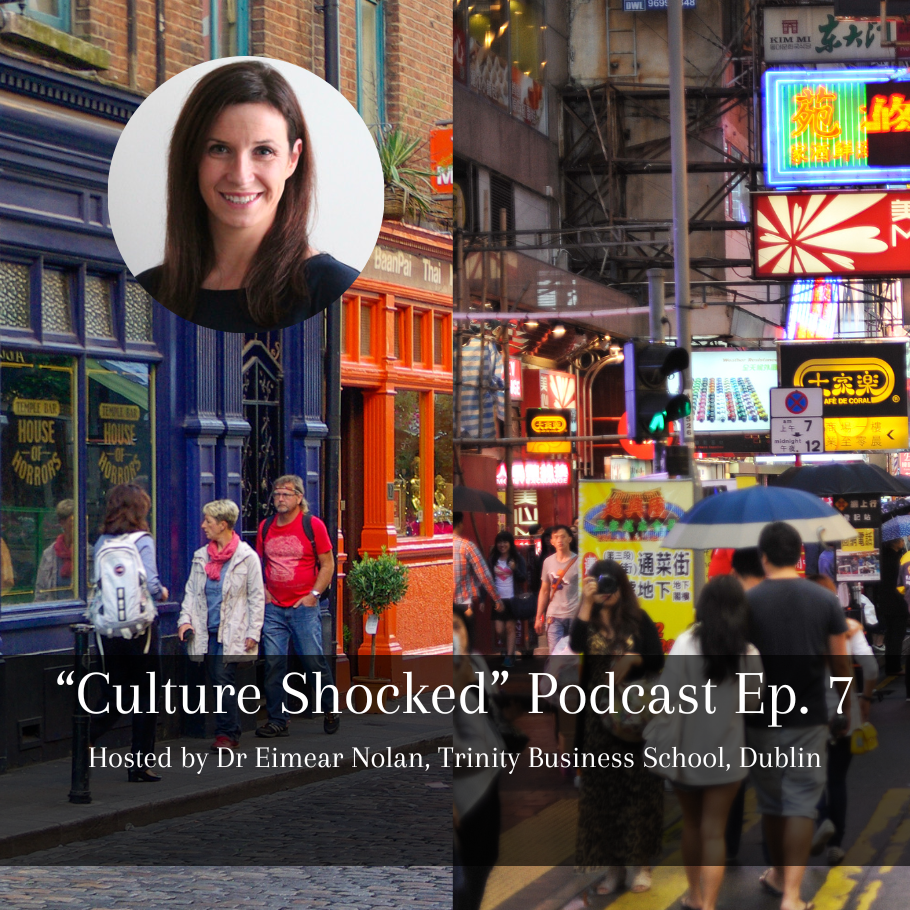Tequila Valley Posted at 0:00, Thu, 25 May 2017 in Industry Insights
Mexico City, or Ciudad de México, CDMX for short, is one of the largest cities in the world with over 22 million people and a lot of traffic. Over the past couple of decades the city has been going through major transitions and gentrification and today the city looks and feels modern and safe. This is especially true of the areas where I spent the majority of my time, Roma and Condesa, where most of the cities startups are located.
During my time in CDMX I was fascinated by the history and traditions. I went to a lecture about the Aztec Empire, sweat it out in a traditional temezcal , explored Teotihuacan via hot air balloon, watched a folkloric ballet, visited La Casa Azul – Frida Kahlo and Diego Rivera’s house and now a museum, and went to numerous markets. While culture and tradition is very important in Mexico, it’s hard not to notice how much Western influence is around the city. As you walk down the street it’s common to see a local fruit juice stand or 6 peso taco stand in front of a Starbucks or Hooters. Much of this foreign influx is due to CDMX being an established financial center, and becoming an important business center, particularly for the Spanish-speaking world, but definitely not limited to it. Some have called it “Tequila Valley”.
One of my projects while I was in Mexico was to research the talent landscape for a client looking to open an office in CDMX. My main takeaways are that there is a lot of talented and well-educated candidates in the market so it is very uncommon to hire foreigners. To attract talent it seems candidates value similar perks as the ones I work with in San Francisco, such as flex time, PTO, and work from home, especially since commuting in the city is a bit of a nightmare. Companies also offer training or English lessons to attract talent. While there are a lot of bilingual offices, for any local position it is highly recommended to speak the language.
Who are the established and up and coming tech companies in CDMX?
Prestadero – platform that offers relatively low interest loans with no need for guarantees or warranties
Etraining – e-learning & crowdsourcing platform
Kubo.Financiero – micro-finance company that offers a platform that connects regional lenders with borrowers
Descifra – Big Data analytics company focusing on social and economic behaviour
Kueski – online lending company
GoVenture – entrepreneurial startup that is focused on serving the financial needs of other entrepreneurs
Boletia – company streamlining the online marketing and ticket sales process
Coinbatch – affordable money transfer services in Mexico
Co-working spaces
Centraal – provides spaces to work, attend events, meetings and network. They offer flexible packages from personal memberships in open spaces to spaces dedicated to companies.
Cowork – the city’s most recognised co-working space offering monthly memberships per person that give access to all our services and to our community.
Publico – This is the workspace I worked at, the highlight for me was 2 rooftop areas with great wifi to work from or host events.
Urban Station – also offers a terrace that can be used for events, along with hourly rates, fractions or prepay cards, and special company packages.
WeWork – offer private offices (for teams of 1–100+) with glass walls to maintain privacy without sacrificing transparency or natural light.
Cardumen – focuses on startups and they have alliances with incubators and accelerators, to generate ecosystem.
Punto – They offer a One Day Pass providing free access to try the facilities.
Startup Incubators/Accelerators
StartupMexico – support high-impact promising Startups, providing them with physical space, mentors, workshops, funding, and a critical professional services ecosystem.
ImpactHub – located in Roma – both and incubator and co-working space. ImpactHub is the world’s largest global network of entrepreneurs and innovators, with more than 8,000 members in more than 65 cities.
Naranya – an accelerator and early-stage co-investor led by Pablo Salazar.
Endeavor – works to catalyse long-term economic growth by selecting, mentoring, and accelerating the best high-impact entrepreneurs worldwide.
Numa – accelerates startups, supports corporates and public institutions to develop and implement innovative projects.
Victoria147 – the first training, empowerment and acceleration platform focused on empowering women entrepreneurs and promoting gender equity.



